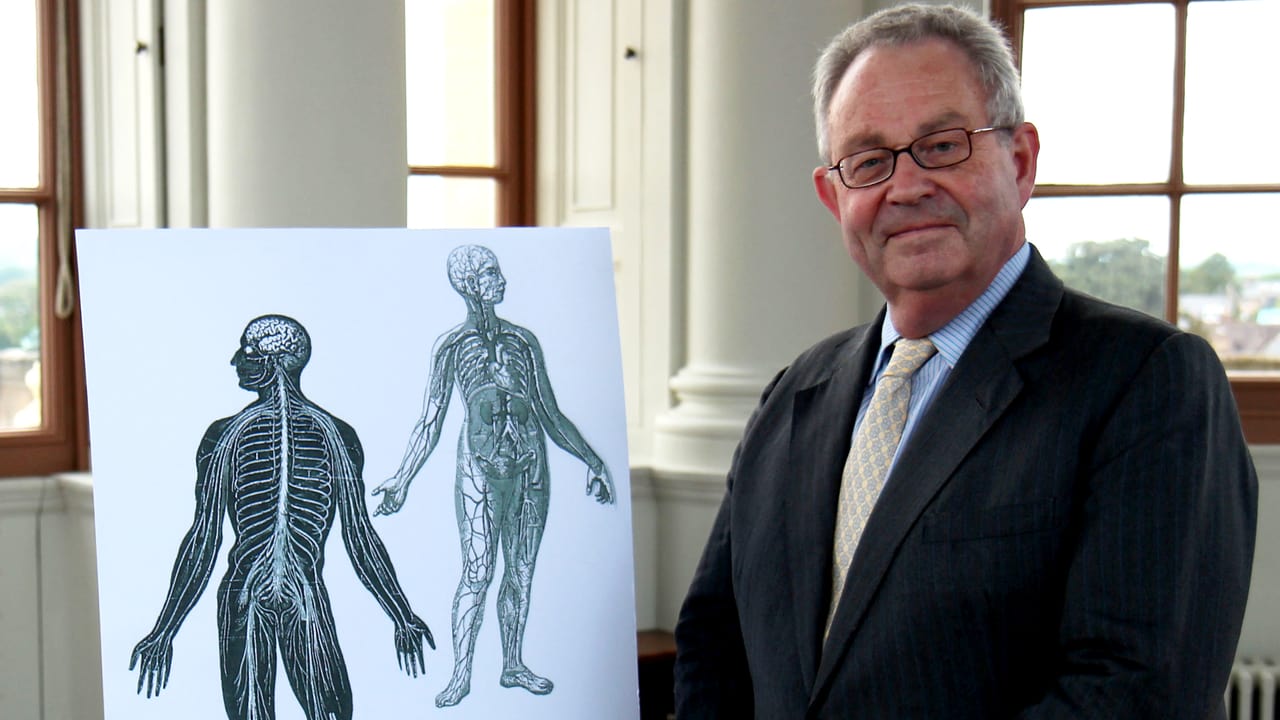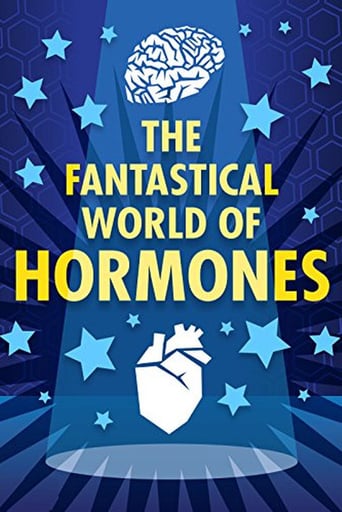noradorian
Since 1921 Professor Paulescu discovered insulin, the substance which, year after year, saved the lives of millions and millions of people suffering from diabetes. Paulescu secured patent rights for the method of manufacturing insulin (under the name pancreine) the Ministry of Industry and Commerce on April 10, 1922. Eight months after Paulescu's works were published, doctor Frederick Grant Banting and biochemist John James Richard Macleod from the University of Toronto, Canada, published their paper on the successful use of a pancreatic extract for normalizing blood sugar (glucose) levels (glycemia) in diabetic dogs. Their paper was nothing more than a confirmation of Paulescu's work, making direct references to Paulescu's article but misquoting that article as follows: "He -Paulescu- states that injections into peripheral veins produce no effect and his experiments show that second injections do not produce such marked effect as the first", Which is not what Paulescu found out or presented. Later on, Banting said that: "I regret very much that there was an error in our translation of Professor Paulescu's article, I cannot recollect, after this length of time, exactly what happened (...) I do not remember whether we relied on our own poor French or whether we had a translation made. In any case I would like to state how sorry I am for this unfortunate error (...)" Some have noted that while Paulescu had patented his technique in Romania, no clinical use resulted from his work and that the work published by Banting, Best, Collip and McLeod represented the injection of purified insulin extract into a diabetic individual ameliorating symptoms of the disease. Thus, this is sometimes used to argue that it was reasonable that Banting and Macleod received the 1923 Nobel Prize in Physiology or Medicine for the discovery of insulin. It has also been pointed out that Collip and Best were also left out from the prize, but Banting and McLeod decided to share the prize money with them. International recognition for Paulescu's contribution to the discovery of insulin came only years later after. Professor Ian Murray was particularly active in working to correct the great historical wrong against Paulescu. Murray was a professor of physiology at the Anderson College of Medicine in Glasgow, Scotland, the head of the department of Metabolic Diseases at a leading Glasgow hospital, vice-president of the British Association of Diabetes, and a founding member of the International Diabetes Federation. In an article for a 1971 issue of the Journal of the History of Medicine and Allied Sciences, Murray wrote: "Insufficient recognition has been given to Paulesco, the distinguished Roumanian scientist, who at the time when the Toronto team were commencing their research had already succeeded in extracting the antidiabetic hormone of the pancreas and proving its efficacy in reducing the hyperglycaemia in diabetic dogs." "In a recent private communication Professor Tiselius, head of the Nobel Institute, has expressed his personal opinion that Paulescu was equally worthy of the award in 1923."

